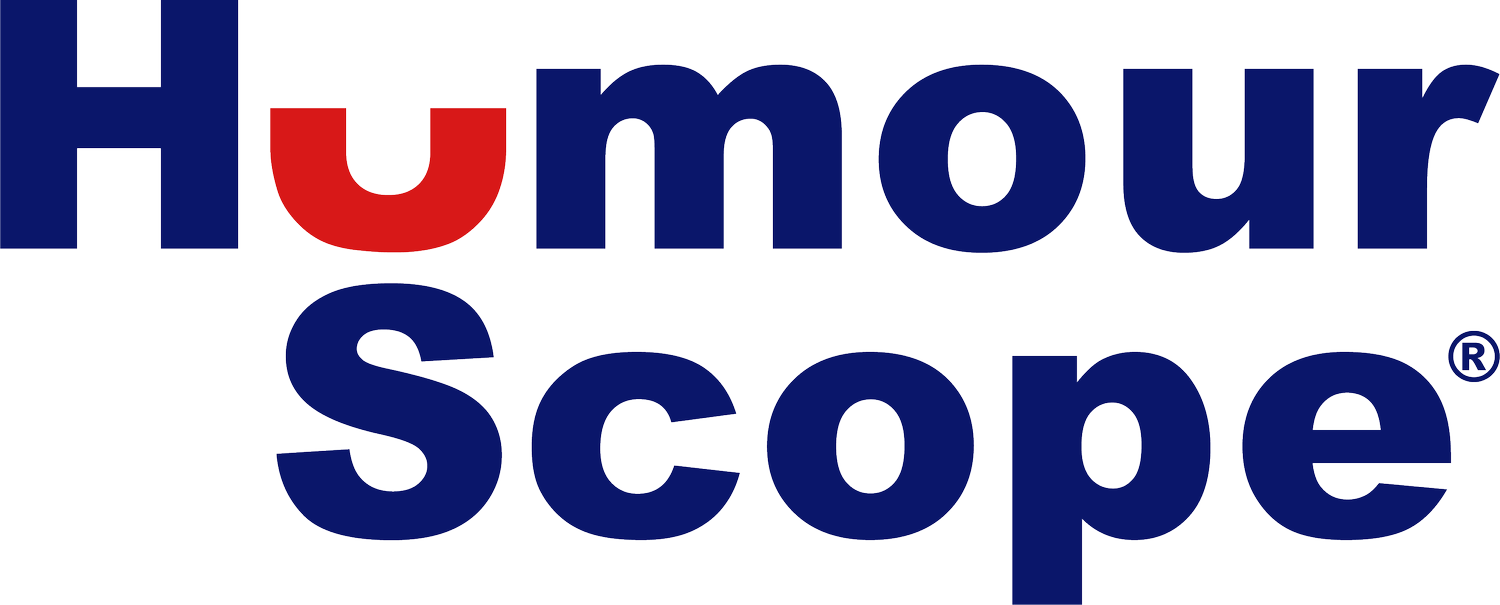What you get
I can help you in three business-critical ways. In each of these areas you get measurable, long-term results.
1 —
Using humour to drive your marketing ROI.
Why does this matter?
Humour has been shown to get over 100% more ROI than non-humorous campaigns.*
What did I do?
Nando’s have a long heritage of using humour. But they had no real idea about where to play and how to keep things fresh. They hired me to create their global humour strategy.
The business result?
Newly energised, with increased confidence in humour as both a strategy and tactical tool, the brand has gone from strength to strength. In 2024 its turnover increased by 7.5% to £1.4 billion, while its operating profits hit £59.8 million.*
2 —
Using humour as a tool to drive your social.
Why does this matter?
Compared to other ads on social, funny ads are 1.6 times more likely to be shared.**
What did I do?
I worked with Three on a massive campaign called #Sing It Kitty, identifying the best form/s of humour to use.
On day one it went out to almost 21 million people: over 950,000 actively engaged with it on social. In the first six weeks of the campaign, five million people watched the ad on YouTube, with 73% of people saying they liked it.
The business result?
YouGov commented, “Three’s brand health score has been on an upward trend over the last year; with the success of this campaign it shows no signs of stopping.” The BrandIndex analysis showed awareness of the brand maintained a high level while brand consideration went up.**
3 —
Using humour to drive your pitch performance.
Why does this matter?
77% of people are more likely to buy from a salesperson who shows they have a sense of humour.***
What did I do?
As the world’s largest advertising company, WPP felt their reputation was counting against them. They felt they were coming across in new business pitches as, in their words, ’over-rehearsed robots’.
I started by analysing how they were preparing for pitches and performing in them. I then wrote an advisory document leading to a global presentation and a follow-up Q&A session.
The business result?
I worked with them in the spring of 2024. In the autumn of that year, despite business challenges, WPP “saw improving new business performance with wins from Amazon, Johnson & Johnson, Kimberly-Clark and Unilever”.***
Say Hi
pg [at] humourscope [dot] com
* Nando’s:
IPA Databank (for profit cases only 2012-2022, reporting a ROMI figure n=95 humorous n=116 non-humorous), analysing 1,500 advertising campaigns.
“Nando’s to open more restaurants as it reveals strong revenue growth”
** Three:
“How to be funny on TikTok (without the millennial cringe)”
“Three hits the right note with #SingItKitty campaign”.
*** WPP:
“The Impact of Humour on Sales”
WPP 2024 Preliminary Results, 27th February 2025.


